
It all happens in a snap. New high-speed video exposes the blink-and-you’ll-miss-it physics behind snapping your fingers.
The footage reveals the extreme speed at which the gesture occurs, and shows that friction plus the compressibility of the finger pads are key to humans’ ability to snap properly, researchers report November 17 in Journal of the Royal Society Interface.
Finger snaps last only about seven milliseconds — that’s roughly 20 times as fast as the blink of an eye, says biophysicist Saad Bhamla of Georgia Tech in Atlanta. After slipping off the thumb, the middle finger rotates at a rate up to 7.8 degrees per millisecond, nearly what a professional baseball pitcher’s arm can achieve, the team found. And a snapping finger accelerates almost three times as fast as pitchers’ arms.
This high-speed video shows how a finger snap happens. The middle finger releases pent up energy as it slips off the thumb, hitting the palm at high speed roughly seven milliseconds later.
When covered with high-friction rubber or low-friction lubricant, fingers made snaps that fell flat, the team found, indicating that bare fingers have a level of friction ideal for a speedy snap (SN: 8/1/19). That friction between thumb and middle finger allows energy to be stored before it’s suddenly unleashed. Too little friction means less pent-up energy and a slower snap. But too much friction impedes the finger’s release, also slowing the snap.
Bhamla and colleagues were inspired by a scene in the 2018 movie Avengers: Infinity War. The supervillain Thanos snaps his fingers while wearing a supernatural metal glove, obliterating half of the universe’s life. The team wondered if it would be possible to snap while wearing a rigid glove. Typically, when the fingers press together in a snap, they compress, increasing the contact area and friction between them. So the researchers tested snapping with fingers covered by hard thimbles. Sure enough, the snaps were sluggish.
So Thanos’ snap would have been a dud. No superheroes needed: Physics saves the day.

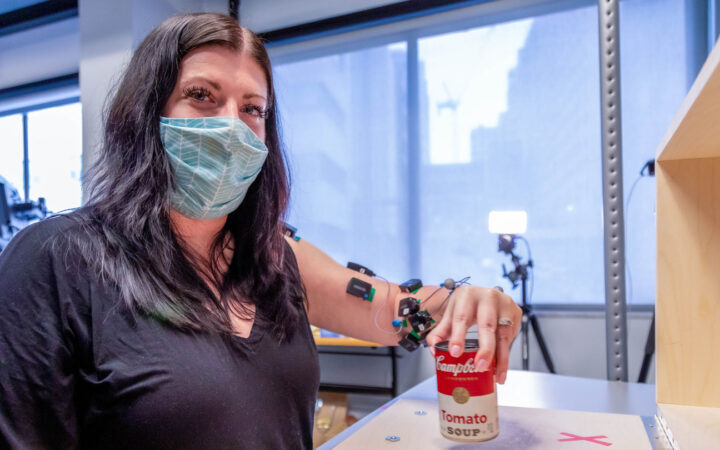 A new treatment could restore some mobility in people paralyzed by strokes
A new treatment could restore some mobility in people paralyzed by strokes 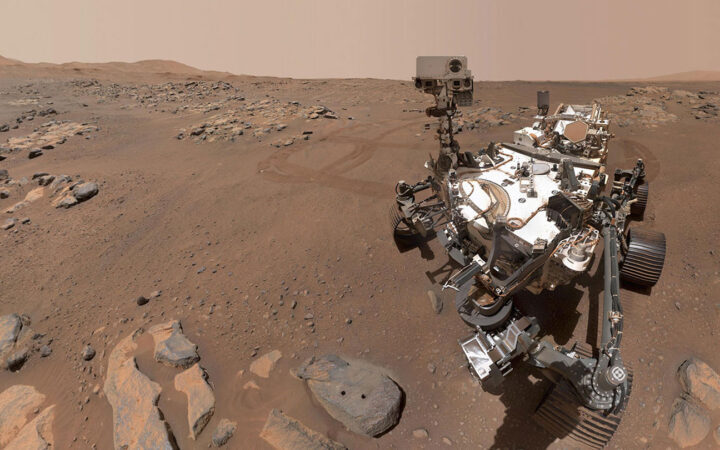 What has Perseverance found in two years on Mars?
What has Perseverance found in two years on Mars? 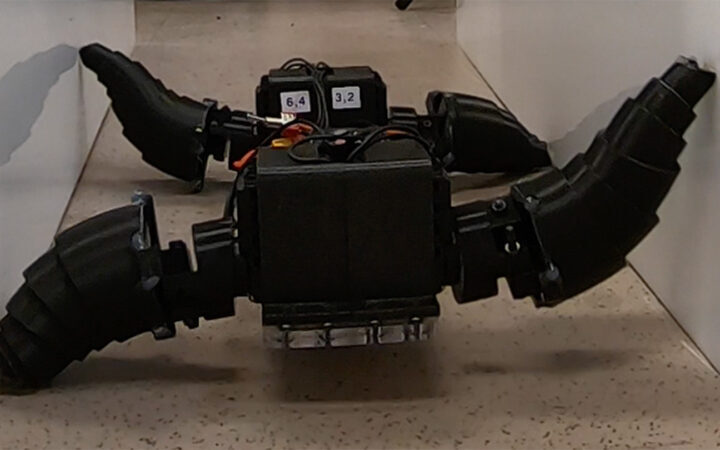 This robot automatically tucks its limbs to squeeze through spaces
This robot automatically tucks its limbs to squeeze through spaces  Greta Thunberg’s new book urges the world to take climate action now
Greta Thunberg’s new book urges the world to take climate action now 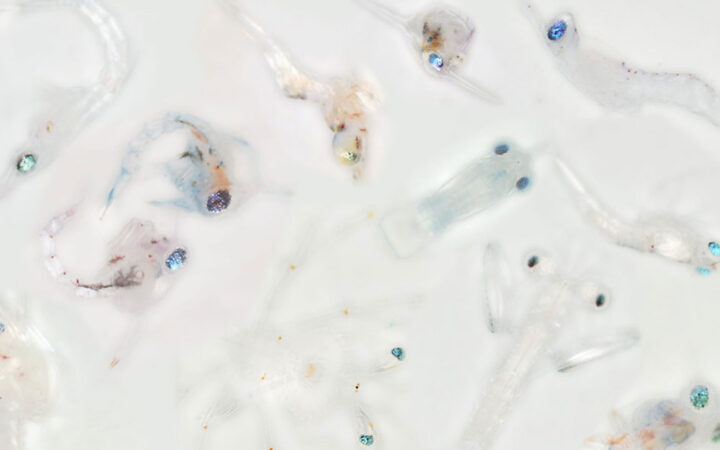 Glassy eyes may help young crustaceans hide from predators in plain sight
Glassy eyes may help young crustaceans hide from predators in plain sight 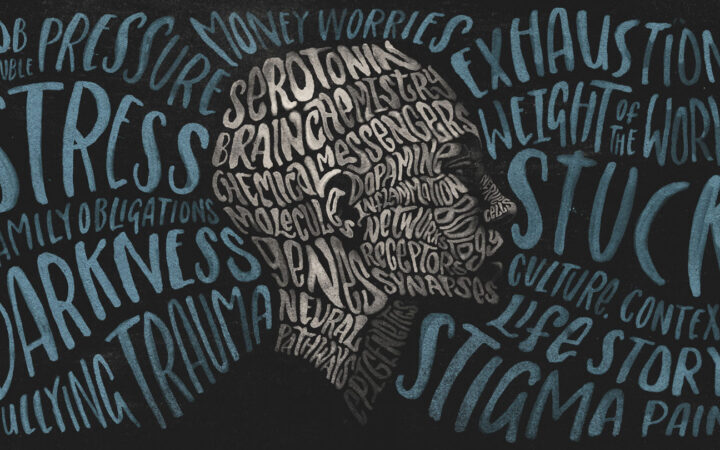 A chemical imbalance doesn’t explain depression. So what does?
A chemical imbalance doesn’t explain depression. So what does?